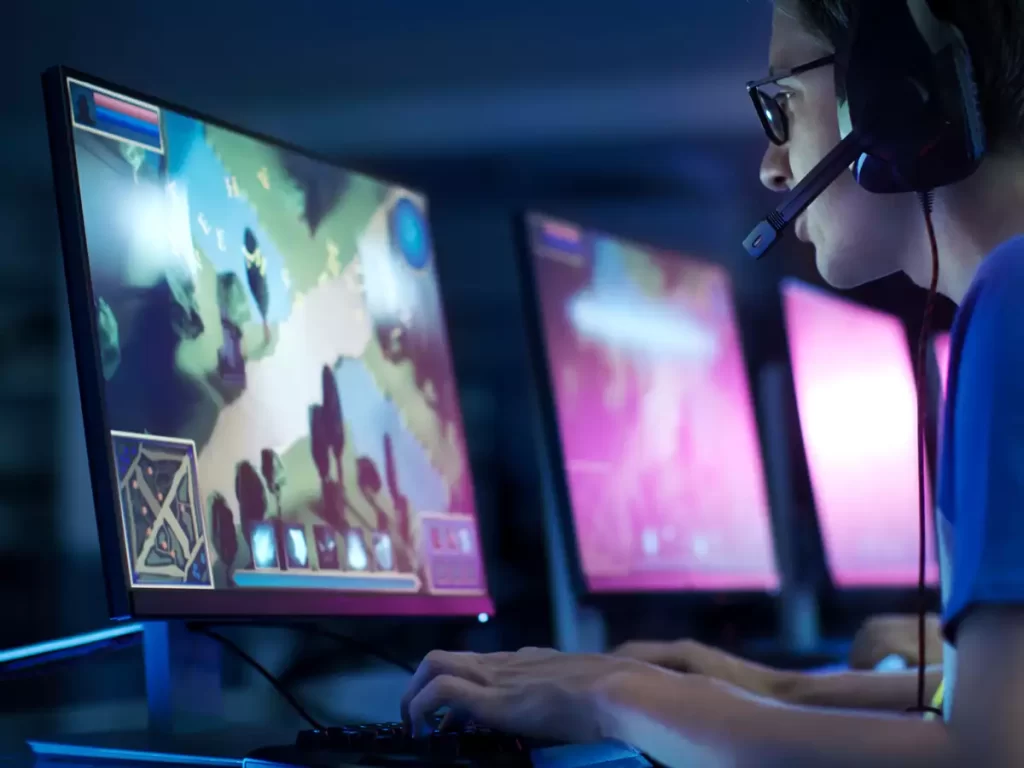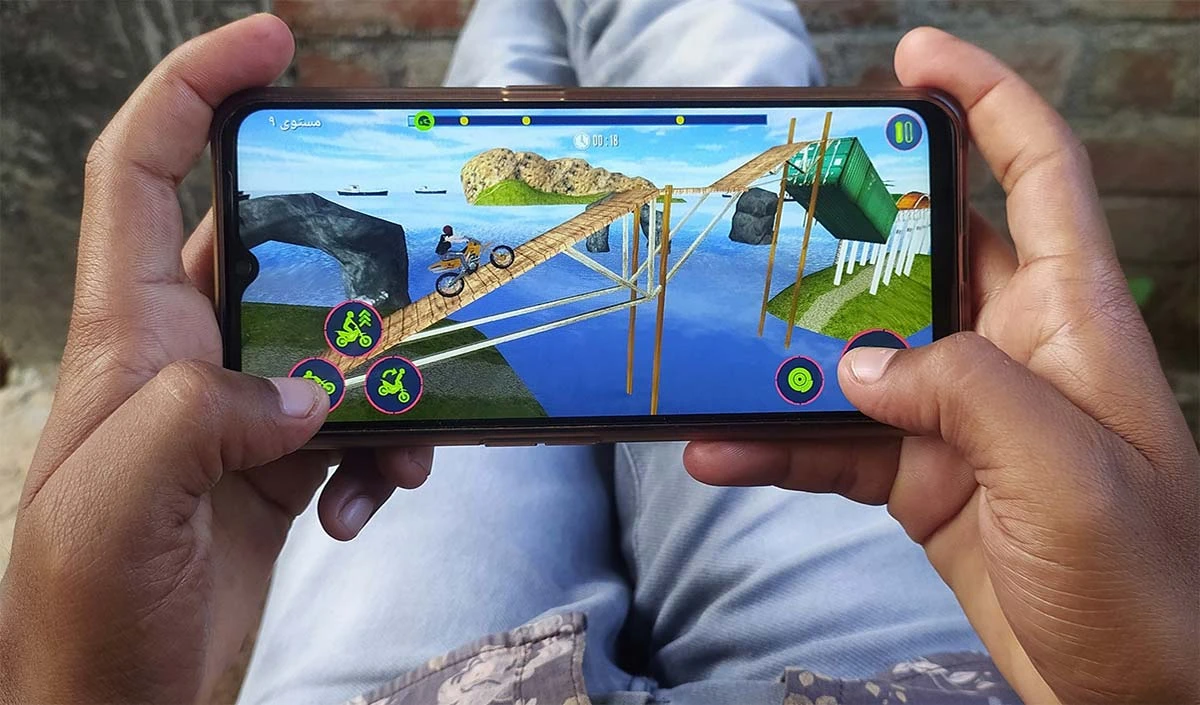In the digital age, entertainment has taken various forms, with online games being a popular choice for children. These games offer interactive and engaging experiences, providing a platform for both fun and learning. Free online games, in particular, have emerged as a powerful tool that can shape a child’s perception of entertainment. By offering diverse gameplay, educational content and social interaction, these games have the potential to transform how children perceive and engage with entertainment.
Diverse Gameplay:
Free online games come in a wide range of genres and themes, catering to different interests and preferences. From puzzle-solving adventures to strategy-based simulations, these games offer an array of experiences that can captivate a child’s imagination. Unlike traditional forms of entertainment that often lack interactivity, online games actively involve children in the gameplay, allowing them to make decisions, solve problems and explore virtual worlds. This dynamic and engaging nature of free online games fosters a sense of active participation and makes entertainment an immersive experience for children.

Educational Content:
Gone are the days when entertainment and education were viewed as separate entities. Free online games have bridged this gap by incorporating educational content within their gameplay. Many games now integrate learning elements, such as mathematics, science, history and language skills, into their mechanics. These educational games present information in an interactive and entertaining manner, making learning an enjoyable experience for children. As they play, children acquire new knowledge and skills without even realizing they are engaging in educational activities. This fusion of entertainment and education helps shape a positive perception of learning as an exciting and integral part of entertainment.
Social Interaction:
One of the significant advantages of free online games is the social component they offer. Many games allow children to connect and interact with their peers, either through multiplayer modes or online communities. This social interaction not only enhances the gaming experience but also promotes collaboration, teamwork and communication skills. Through online games, children can form friendships, cooperate with others and develop a sense of community. By perceiving entertainment as a social experience, children learn the importance of cooperation and social skills in their interactions, thus broadening their perspective beyond mere individual enjoyment.
Positive Impact on Perception:
The immersive nature of free online v world malaysia games, combined with their educational content and social interaction, has a positive impact on a child’s perception of entertainment. These games promote active engagement, critical thinking and problem-solving skills, fostering a sense of empowerment and accomplishment. As children experience the thrill of overcoming challenges and acquiring knowledge through gameplay, they develop a more positive attitude towards entertainment. They begin to perceive it not merely as a passive form of leisure but as a platform that can provide mental stimulation, social connection and personal growth.
Conclusion:
Free online games have the potential to transform a child’s perception of entertainment. By offering diverse gameplay experiences, integrating educational content and providing opportunities for social interaction, these games redefine how children view entertainment. They no longer see it as a mindless pastime but as an engaging and interactive medium that offers both fun and learning. As parents and educators, it is essential to recognize the value of free online games and guide children towards games that promote positive development. By harnessing the potential of online games, we can shape a generation that sees entertainment as a powerful tool for exploration, education and social connection.

